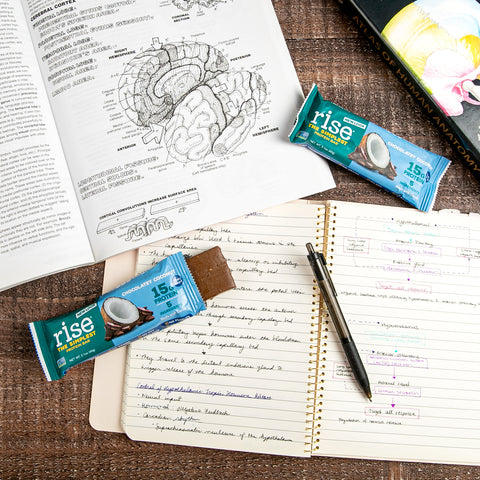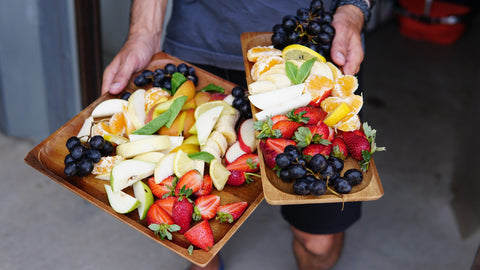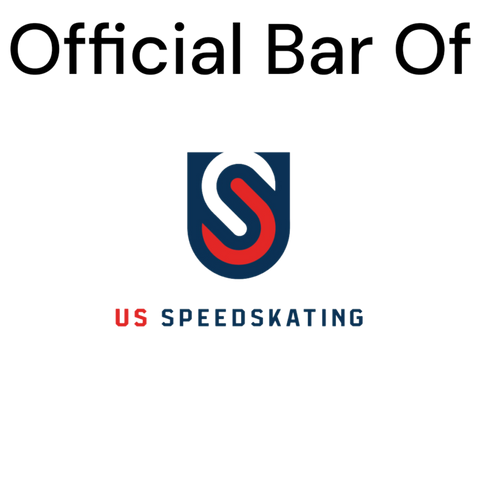Now that schooling has taken a completely different form, educators and students alike are requiring an entirely new kind of assistance and support. With most schools having completely switched to distance learning, an arrangement that's very challenging, to say the least, parental support is even more important for learners.
After all, such a setup is far from being “easier” or “less taxing” on students, simply because they'll be studying at home. In reality, most online programs are more intensive than their traditional counterparts, particularly as students are often left to manage their schedules themselves.

Today’s online bachelor’s degrees involve the same requirements as traditional degrees, such as focused projects and intensive research, all done 100% online and at the student’s own pace.
While these programs offer 24/7 personalized support from instructors, the freedom to manage their own time can often leave students burned out, especially when they’re not equipped with the right skills. Managing deadlines and workloads may lead to students sacrificing other aspects of their lives, especially healthy eating.
In this article, we will talk about a few snacking tips that can ensure online learners eat healthily.

Swap chips with mixed nuts
Does your child prefer to nibble on something while working on their academic tasks? Keep them away from convenient-but-harmful potato chips, which contain chemicals like acrylamide that could increase their risk of getting cancer and provide them with a healthier option through mixed nuts.
Nuts are not only linked to a reduced risk of heart disease but also to the prevention of certain cancers, depression, and other illnesses.
Certain types of nuts like walnuts can also forward brain health by having high concentrations of DHA. Did you know that there are even studies that show how this type of omega-3 fatty acid can help boost brain function and prevent age-related cognitive decline.

Prepare a yogurt bowl
Being a parent is never easy. Sometimes, you can get caught up in all the responsibilities you need to juggle, that a few things fall by the wayside. Thankfully, there are a lot of ways moms and dads can prepare healthy snacks for their kids with minimal hassle. Something like Greek yogurt with berries and other fruits is a great alternative to your standard lunch.
Aside from being packed with calcium and potassium, tangy Greek yogurt is also high in protein. On the other hand, berries are great superfoods that have a lot of antioxidants and anthocyanidins.
While antioxidants are great for protecting the body from free radical damage, anthocyanidins are exceptional in helping the brain stay sharp. This compound does this by crossing the blood-brain barrier and getting to the learning and memory centers of the brain.

Go for protein bars
Another example of a hassle-free healthy snack is a protein bar. A typical protein bar usually contains 5-10 grams of fat, 25-35 grams of carbs and 5-10 grams of fiber. Depending on the other ingredients that make up a protein bar, such a snack can also offer calcium, B vitamins, potassium and iron.
To make the most out of protein bars, go for brands that have superfoods in them such as almonds, cashews, coconut, cacao and sunflower seeds. This will give them enough energy to get through the day.

Have a scheduled snack time
As silly as it may seem to have a scheduled snack time, internal medicine doctor Amy Lee explained that having one can be of great help in preventing unintentional overeating and snacking on junk foods.
According to the Centers for Disease Control and Prevention, young students who are growing at a rapid pace should eat or drink every two to three hours or about five or six times a day.
So, young online students should have three meals and two to three snacks on a daily basis. Adult online students should follow this structure too, but eat a little more to keep their energy and concentration levels up. And with the above tips, they can do so in a healthy manner.
Article written by Reese Jones
Exclusively for risebar.com




